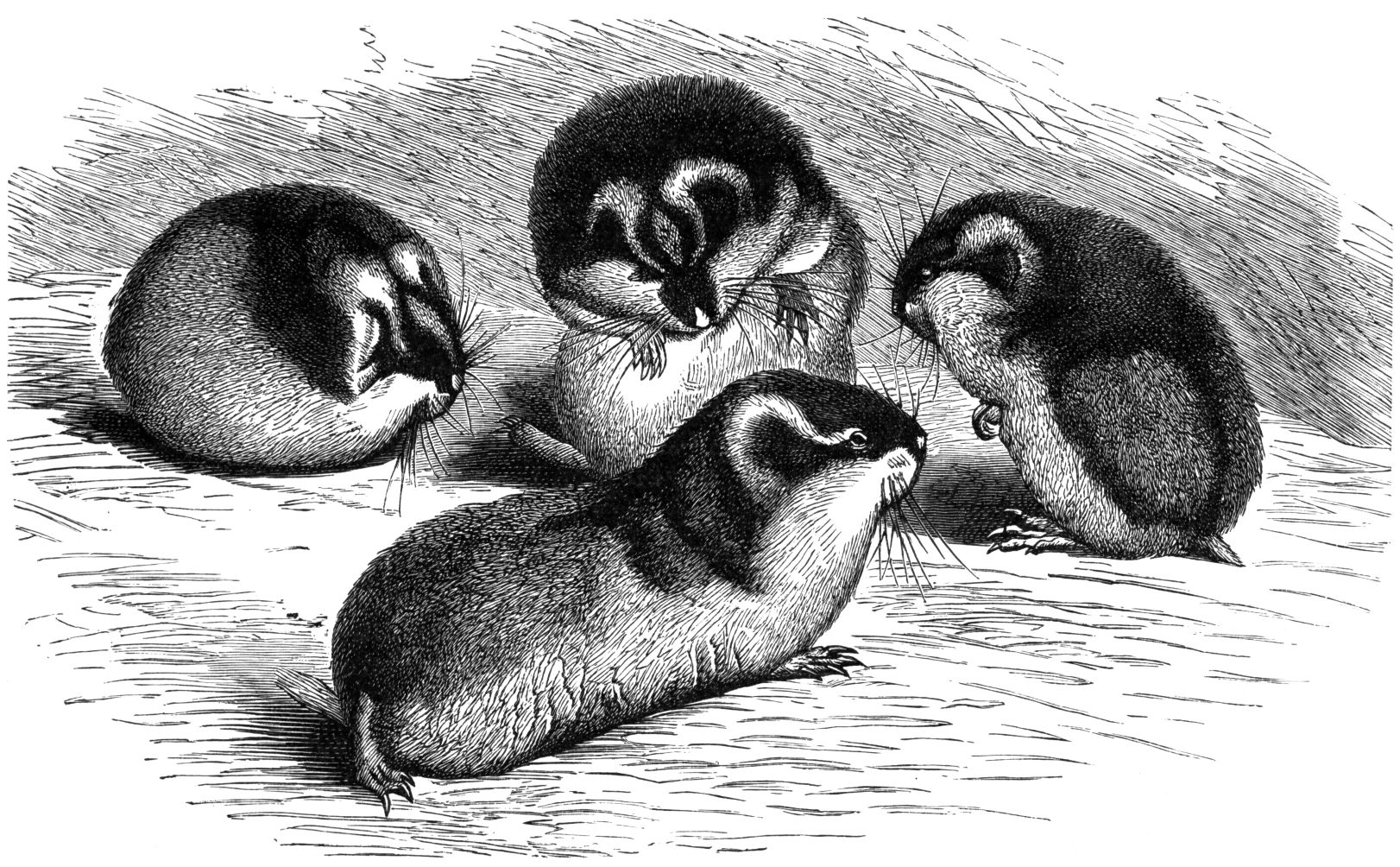- cross-posted to:
- [email protected]
- cross-posted to:
- [email protected]
There’s actually a whole class of these words. They’re called heterological words.
Their opposite, autological (or homological) words are words that do describe themselves. “Autological” is an autological word because it describes itself.
Here’s a fun question, though: is “heterological” a heterological word? If you say yes, then that means it does
notdescribe itself and therefore it is not heterological. If you say no, then it does describe itself therefore it is heterological. Bit of a head scratcher.This is the Grelling-Nelson paradox.
the new administration has banned the use of homological words so be careful.
Isn’t there a mistake in your first statement about the word heterological? If I say yes the word heterological is heterological it means that it doesn’t fall into the class of words that it describes and so it is heterological, because as you’ve defined heterological words do not describe themselves
Here’s a fun question, though: is “heterological” a heterological word? If you say yes, then that means it does not describe itself and therefore it is not heterological.
You’re correct! I had an extra not in there. Good catch.
I was actually referring to the other “not” that was at the end, but it only shows why it is paradoxical and how confusing nature of predication is in languages, as in this question appears to be a case of Russell’s paradox of sets
You’re the substitute teacher who wouldn’t let us play Heads Up Seven Up.
My favorite homological word:
Sesquipedalian.
An unnecessarily long word, or a person who uses unnecessarily long words.
Sesquipedalian is a sesquipedalian word.
Oooh, that’s a good one! Its use also makes its user described by itself. Neat!
The hyphen has long been killed by the Internet. It suffered a worse fate than “literally”; it faded into nothingness without even so much as a “where is it?”
What sadist put an S in lisp?
This seems to apply to a number of speech impediments, as “rhotacism” is the term for people with difficulty saying R sounds and apparently “stutter” is a particularly difficult word for people with stutters.
Same person who named the fear of long words Hippopotomonstrosesquippedaliophobia
And who spelt dyslexia like that
!hyphenated.
Edit: lol my intention isn’t to link a community but to replicate the “Not” statement like in coding.
Important hyphenated.
CSS is a strange language too
That’s one of the syntax usages that irritates me the most in any language.
Unhyphenated. Also, nonhyphenated is correct in multiple style manuals.
hyphenated words are on their way out. not much use for the hyphen in most cases.



